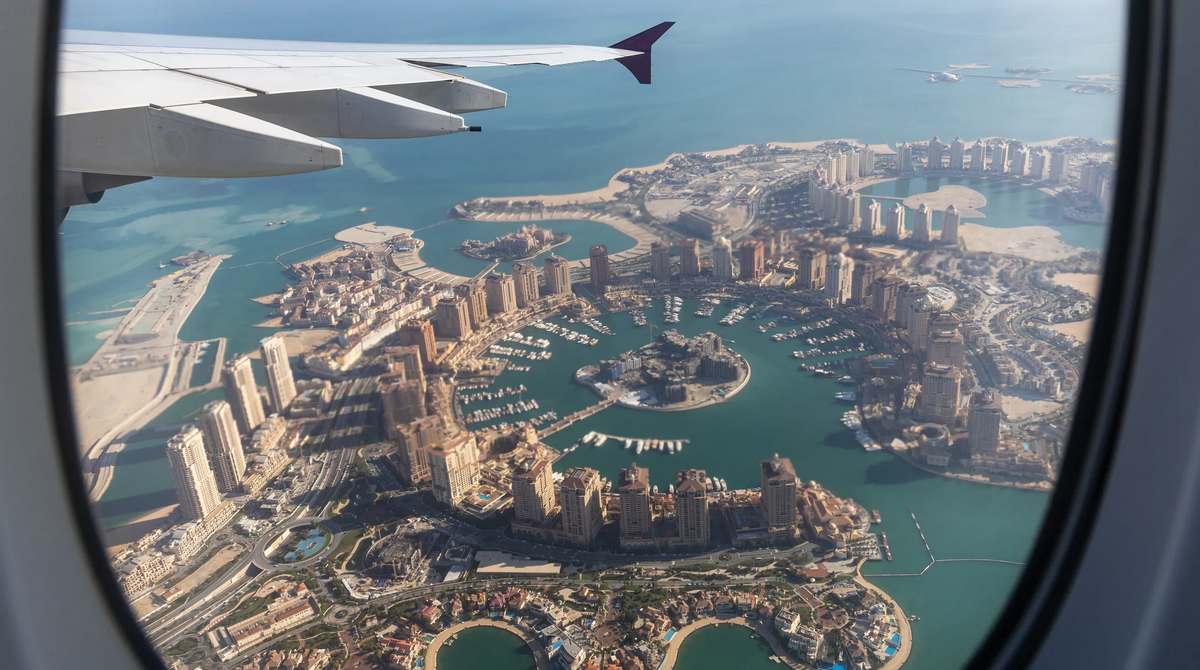In 2026, the Gulf region is expected to launch a unified tourist visa — GCC Grand Tours, which will function similarly to the Schengen visa in Europe. The initiative aims to simplify travel across all six Gulf Cooperation Council (GCC) countries:
-
United Arab Emirates
-
Saudi Arabia
-
Qatar
-
Bahrain
-
Kuwait
-
Oman
Saudi Arabia’s Minister of Tourism, Ahmed Al-Khateeb, announced that after four years of development, the unified system is on track for implementation in the coming year.
What Is the GCC Grand Tours Visa?
The new visa will create a single travel zone across the GCC, enabling seamless movement between member states.
Key features expected:
-
Online application through a dedicated digital platform
-
Single-entry or multi-country options
-
Validity ranging from 30 to 90 days
-
Lower overall cost compared to applying for six separate visas
-
Longer validity period is anticipated
For citizens of GCC countries, visa-free travel already exists. The new system will primarily simplify travel for international tourists and foreign residents living in the Gulf — including digital nomads in Dubai and other major hubs.
The visa was officially approved in late 2023 during a ministerial meeting in Oman, with a full rollout expected in 2026.
Project Goals
The unified visa aims to:
-
Improve regional tourism connectivity
-
Boost each member state’s tourism economy
-
Simplify cross-border mobility
-
Encourage multi-destination travel itineraries
-
Increase the region’s competitiveness compared to other global tourism hubs
At a high-level meeting in Riyadh in June 2025, tourism ministers confirmed that work on the visa system is approaching its final stage.
DIP Explains: What Travelers Should Expect & How GCC Countries Differ
To help travelers plan ahead, DIP prepared a concise comparison of all six Gulf countries — each offering a different type of travel experience.
United Arab Emirates (UAE)
Identity: futuristic cities, luxury tourism, high-end services.
Highlights: Burj Khalifa, Sheikh Zayed Grand Mosque, desert safaris, theme parks, Old Dubai.
Travel style: beaches, shopping, family attractions, nightlife, innovation-driven tourism.
Notes: strict public behavior rules; premium-priced destination.
Saudi Arabia
Identity: historic sites, vast deserts, rapidly expanding tourism sector.
Highlights: AlUla (Hegra), Jeddah’s Al-Balad, Red Sea coastline, cultural heritage.
Travel style: history-focused travel, adventure tourism, desert activities, Red Sea diving.
Notes: conservative social norms; alcohol fully prohibited.
Qatar
Identity: architecture, culture, upscale leisure.
Highlights: Museum of Islamic Art, Corniche, Souq Waqif, Katara Cultural Village, The Pearl.
Travel style: museums, fine dining, beach leisure, water sports, desert trips.
Notes: warm climate; relatively high prices; excellent service.
Bahrain
Identity: cultural heritage, liberal atmosphere, modern entertainment.
Highlights: Bahrain Fort, National Museum, Al-Fateh Mosque, F1 circuit.
Travel style: beaches, museums, nightlife, historic landmarks.
Notes: more relaxed rules than other GCC states; cosmopolitan.
Kuwait
Identity: culture, modernism, fewer tourists, authentic Gulf environment.
Highlights: Kuwait Towers, Grand Mosque, scientific museums, Failaka Island.
Travel style: museums, beaches, diving, family travel.
Notes: very expensive currency; extremely hot summers.
Oman
Identity: nature, authenticity, heritage, tranquility.
Highlights: Sultan Qaboos Grand Mosque, Nizwa, Wahiba Sands, wadis, mountains.
Travel style: hiking, trekking, beaches, wildlife, history-focused trips.
Notes: safe, traditional, scenic; moderate price level.
Travel Tips from DIP
-
Choose the right season: October to April offers the best climate.
-
Respect local customs: modest clothing and cultural sensitivity are essential.
-
Plan ahead: book accommodation and transport early during peak season.
-
Check visa requirements: after GCC Grand Tours is launched, entry rules may change.

